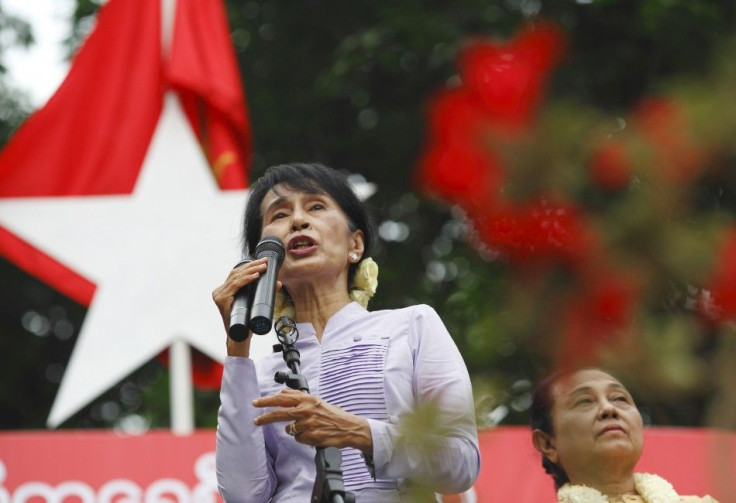Myanmar Invites ASEAN Officials to Observe Next Month’s Parliamentary Elections

Myanmar (also known as Burma) has invited five officials from the Association of Southeast Asian Nations (ASEAN) and journalists to monitor and oversee next month’s crucial parliamentary elections in the country.
Long-time opposition leader Aung San Suu Kyi and her party, the National League for Democracy (NLD), will be contesting the April poll which will involve 48 parliamentary seats.
“Myanmar has urged relevant countries to lift their sanctions, and allow the country to pursue its development, and to improve the living standards of its people,” ASEAN said in a statement.
Suu Kyi has waited over twenty years to stand for election – she has been under house arrest for much of the prior two decades. In 1990, Myanmar’s military leaders refused to recognize the NDL’s electoral triumph.
Now, under the crushing weight of foreign sanctions, Myanmar authorities are likely seeking foreign endorsement of the poll in the wake of accusations that the general election of 2010 was tilted in favor of the party supported by the ruling military junta by fraud and intimidation. That election was conducted in the absence of foreign observers.
The NLD is reportedly concerned that the 2012 will also be marred by corruption, citing, among other things, irregularities on voter lists.
Myanmar President Thein Sein has promised a fair and free election, however the NLD is skeptical. Suu Kyi has vowed that if she is elected to the legislature she will seek to change the 2008 constitution which emboldened the military’s power in the country.
President Thein is himself part of the military elite which has ruled Myanmar for almost a half-century. Backed by the army, Thein has made a number of surprising concessions, including the release of hundreds of political prisoners and expanding freedom of the press (as well as permitting Suu Kyi to run for office).
Western governments, including the U.S. and European Union (EU) have demanded that Myanmar enact more meaningful political reforms and view the election as a “key test” of their commitments to democratization.
© Copyright IBTimes 2024. All rights reserved.





















